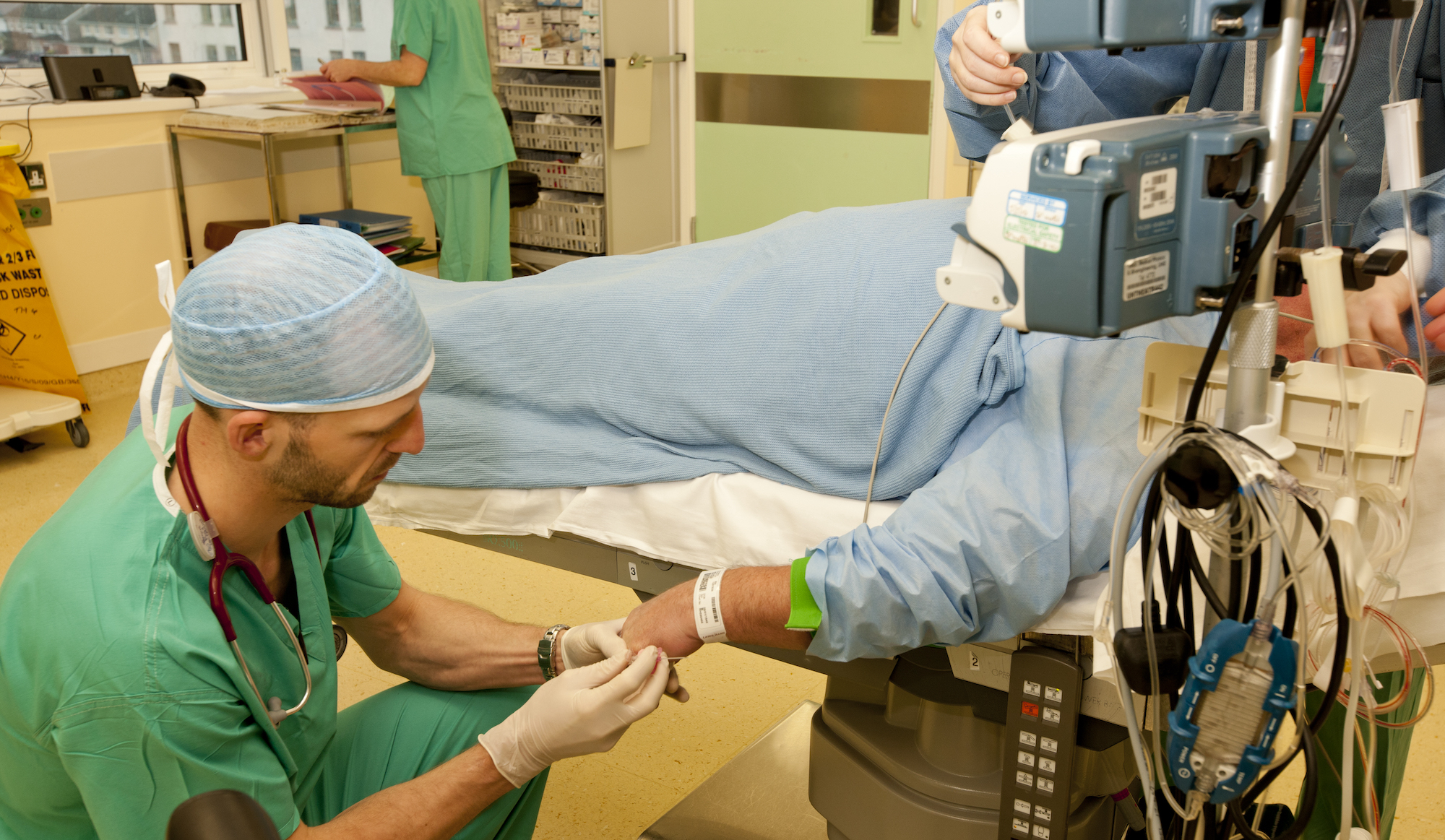Sustainability & Why It Matters
Any advancements in healthcare are overshadowed by the estimated 1.6 gigatonnes of carbon dioxide equivalents the global health industry emits into the atmosphere on an annual basis.
In Ireland, an estimated 4.4 percent of national greenhouse gas emissions are attributable to the Irish Health Service.
The carbon footprint relating to anaesthesiology is particularly high because of our specialty’s reliance on pharmaceuticals, single use medical equipment and plastics – processes that require the burning of large amounts of fossil fuels to procure and to dispose of.
In addition, inhalation anaesthetics, such as nitrous oxide, isoflurane, desflurane, and sevoflurane are greenhouse gases. They are minimally metabolised by the body and as a result, the majority of gases will end up in the atmosphere where they exert a considerable global warming effect. These medical gases account for 5% of the carbon dioxide equivalent emissions from acute hospitals.
Research by the Intergovernmental Panel on Climate Change concludes that limiting the global temperature rise to 1.5°C more than pre industrial times is imperative to prevent a cycle of events that could lead to drought, food shortages, mass migration and other health catastrophes.
Should we continue on our current trajectory, we would see a global temperature rise of 4°C by the end of this century. Therefore all sectors, including the health sector, must play their part in curbing emissions.
With our intimate knowledge of basic sciences as well as our involvement in almost all aspects of patient care, anaesthesiologists are in a very good position to advocate for more sustainable practice.
Read more at:
